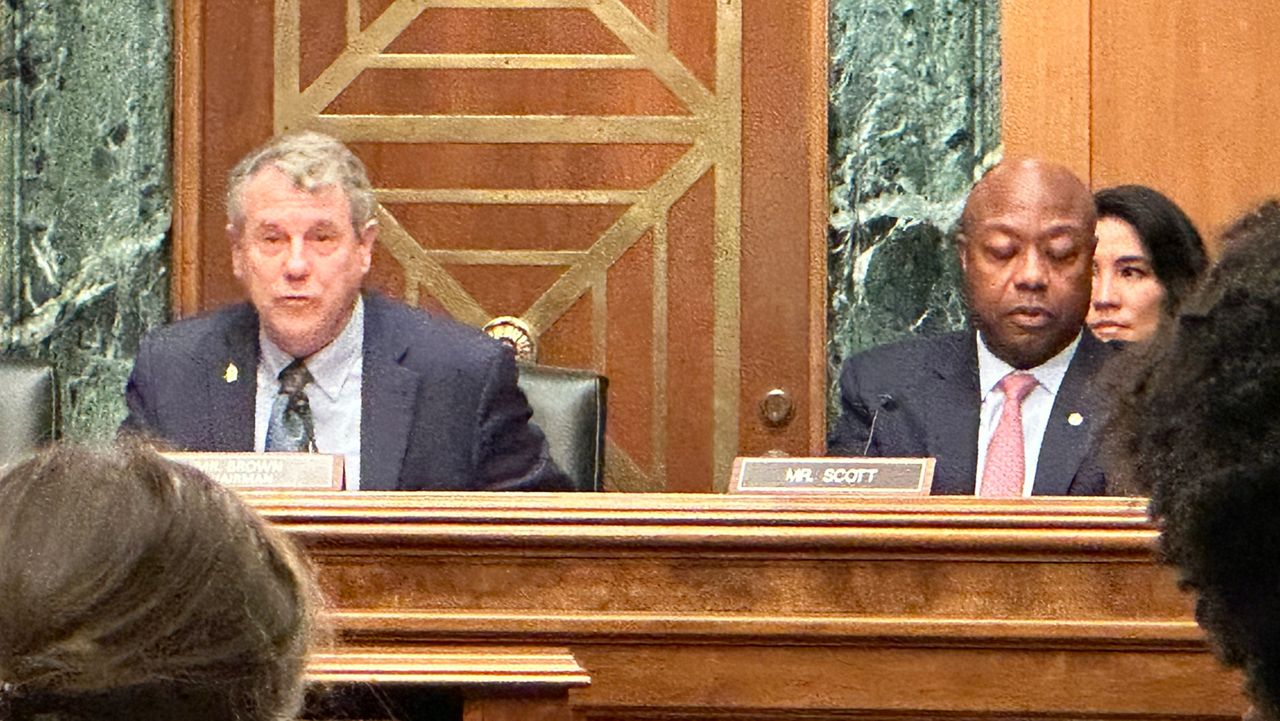COLUMBUS, Ohio — Ohio lawmakers are trying to pass a bill allowing health care providers and pharmacies to prescribe off-label medication to their patients for ailments that the drug was not originally meant to cure.
For example, acetaminophen is the off-brand version of Tylenol. House Bill 73 passed the Ohio House floor with bipartisan support, and will now head to Senate committees.
What You Need To Know
- House Bill 73 passed Ohio House floor and will now head to Senate Committee hearings
- This legislation, if passed, would let prescribers be protected under their first amendment right to prescribe the off-label drugs
- Practicing physicians said this bill could provide extra options for medical professionals
"That prescriber would have access to more medications, more options to treat the patient and the medical provider would have their first amendment right," said Dr. Steven Werling, a proctologist. "They would be able to have an opinion that differs from that of their employer or a government agency or any other entity."
Werling has been practicing medicine for nearly 20-years. He said allowing health care providers to prescribe off-label drugs would give medical professionals more options to save lives. He said it could be helpful in dire situations when a patient is sick and needs immediate attention.
Prescribing off-label drugs means health care providers are giving patients medication for a different ailment than the drug was initially intended for use. It’s a practice which gained popularity during the height of the pandemic. Some people said drugs like "ivermectin" could treat or alleviate COVID-19 symptoms.
Werling said physicians often notice additional benefits of a medication after consistently prescribing it throughout their career. However, not all individuals are on board with the use of off-brand drugs treating Ohioans.
In a public testimony to lawmakers prior to passing the House floor, Lora Miller, the director of Governmental Affairs & Public Relations from the Ohio Council of Retail Merchants, addressed concerns about safety of the off-label drugs.
"The potential impact of sub. H.B. 73 on the health and safety of the people of Ohio is very concerning as a matter of public policy. Simply put, sub. H.B. 73, which is written very broadly, potentially makes it easier for controlled substances and other drugs to be abused," Miller said in testimony.
Meanwhile, Stephanie Stock, the president of Ohio Advocates for Medical Freedom, said if there is a chance the drug could save someone’s life, then medical professionals should prescribe the drug immediately.
"If it's deemed safe by the FDA for human consumption," Stock said, "regardless of of which disease, or illness that might be for if its not life-threatening and your doctor truly believes there is a chance that drug could save your life... we just can't understand why anybody would want to deny access to that."
The bill will require pharmacies to dispense off-label prescriptions unless it could harm the patient, or a religious reason. It would also stop licensing boards and the Ohio Department of Health from taking legal action against prescribers based on the use of off-label drugs.
It also provides protection to pharmacists and hospitals from liability with the off-label drug. Patients will also be able to bring an off-label drug from an outside pharmacy if the hospital does not have access to it. If this is the case, providers would need to verify the medication and then hand it to the patient.
State Representative Jennifer Gross sponsors the legislation and also is a Nurse Practitioner. She said, this bill will allow medical professionals to provide the best care possible for their patients.
"I believe that the doctors will always make the best choice for their patient," said Gross, R-West Chester. "And that relationship between the doctor and the patient needs to be kept sacred."
The bill would also let patients bring an off-label drug to the hospital if the hospital does not carry it. At the moment, it needs to be voted on by the Ohio Senate to pass into law.










